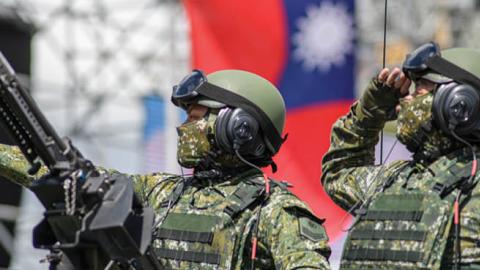‘Strategic ambiguity” is the longstanding U.S. policy toward Taiwan, but President Biden’s approach has been more ambiguous than strategic. Asked at an Oct. 21 town hall whether he would defend the island nation against a Chinese attack, Mr. Biden replied, “Yes, we have a commitment to do that.” The White House then “clarified” his answer by reasserting its commitment to ambiguity.
All this begs the question: What should the U.S. do in defense of Taiwan? And it raises a broader one: What should the U.S. do to counter China’s military challenge?
These two inextricable questions are united by U.S. policy makers’ failure to answer either. China’s strategic objective is to monopolize the South and East China seas and use the resulting economic power to reshape the global order. But doing so requires breaking the U.S. Indo-Pacific alliance system, which in turn requires shattering the First Island Chain, which runs through the Japanese archipelago, Luzon in the Philippines, and Borneo, terminating with the Vietnamese coastline. The First Island Chain limits China’s maritime exit points into the Philippine Sea and the Indian Ocean, making control central to Chinese strategy. Taiwan lies at the center of the First Island Chain.
In such a conflict, deterrence and warfare become synonymous in policy. The U.S. has yet to articulate what victory would mean in a war with China. The Biden administration has suggested no desire to overthrow the Chinese Communist Party and replace it with a regime that respects international order. Rather, the objective seems to be to maintain the status quo, which means defending the sovereignty of all Pacific states, the territorial integrity of regional allies including Taiwan, and the freedom of navigation that undergirds the international system. Accomplishing these objectives means convincing China to stand down from its increasing regional aggression or in a war, to sue for peace. Accomplishing that requires identifying what China holds most valuable.
Read the full article in The Wall Street Journal















